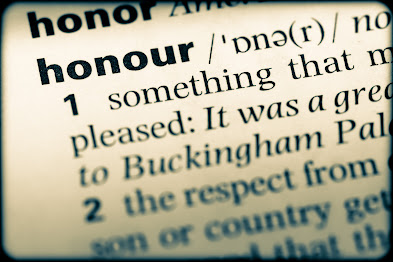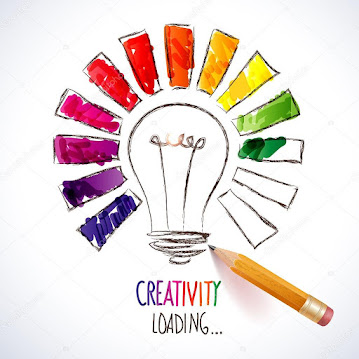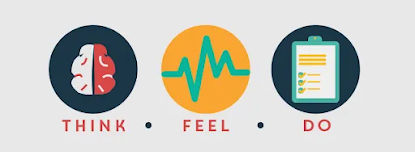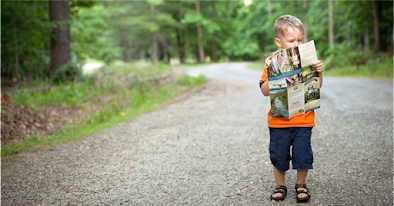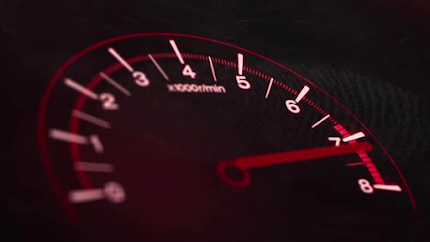The Beginning of a New Chapter

The past year has been an exciting year of learning and discovery. It was a tough journey, but an exciting one, nonetheless. I’ve learned so much and made many new discoveries about coaching and myself. It’s going to be tough to summarise everything in this blog, but I want to highlight 5 key focus points that stood out for me. 1. Focus on the coachee– “Coach the person, not the problem”, is a phrase I remember very clearly from the first practicum, and it’s one that I remind myself at the start of all my sessions. Different people may face the same or similar problems, issues or challenges, but how we each respond to them will vary. Hence, it’s crucial to stay focused on the coachee, help them expand their perspective and explore possibilities. 2. Focus on staying focused – Staying focused throughout the session, being present with the coachee and also ensuring the session stays focused by keeping the conversation centred around what the coachee wants to achieve. Having said ...

